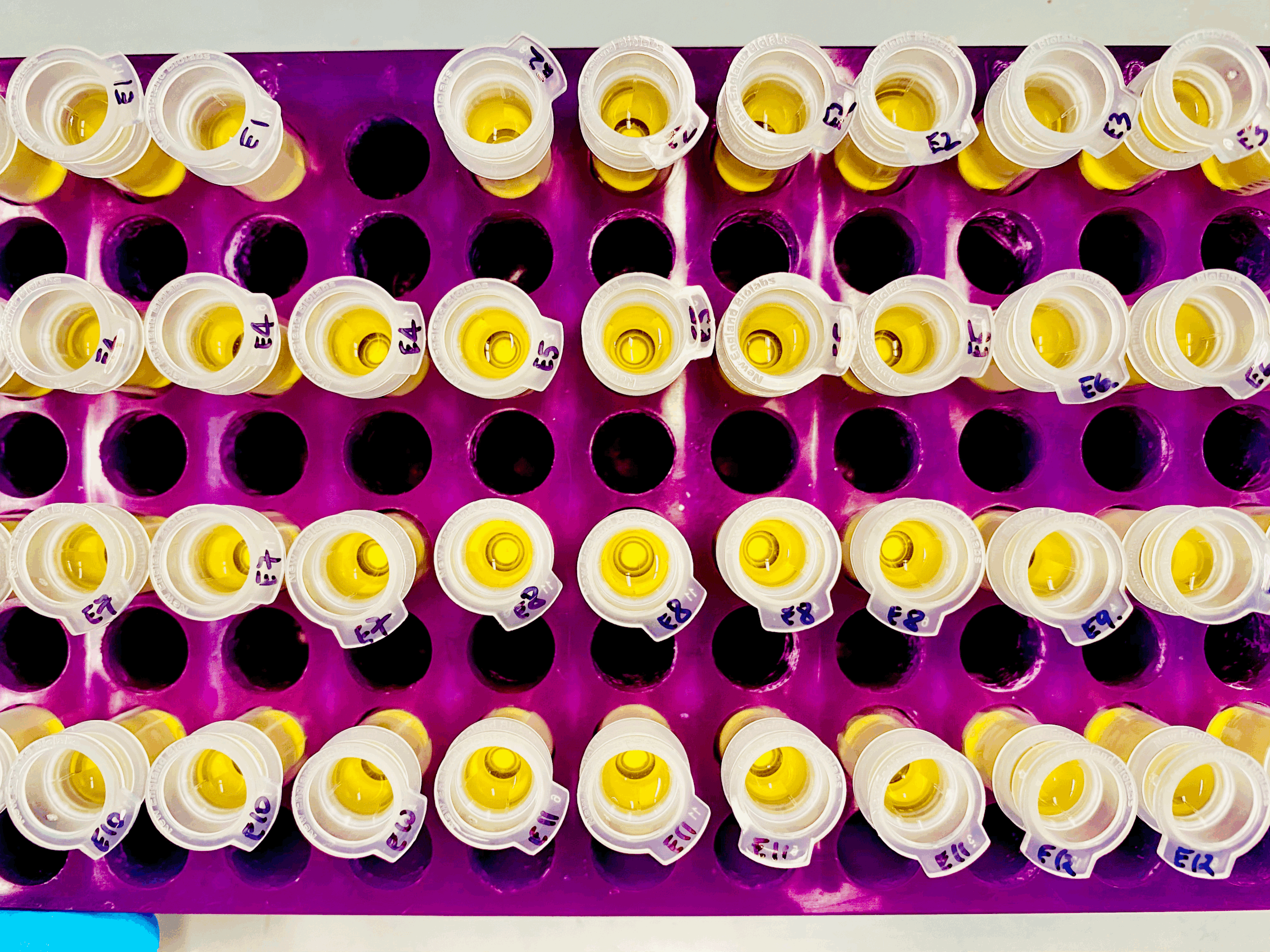
Working towards a cure
Precision immunotherapies for autoimmune and rheumatic diseases
Let’s change the way we treat autoimmunity.
Current treatments for autoimmune and rheumatic diseases rely on broadly acting immunosuppressive drugs that reduce self-reactive immune responses, but also diminish protective immunity, leading to a high risk of infection, poor vaccine responses, and treatment-related deaths.
An ideal treatment for autoimmune diseases would specifically target and eliminate only the self-reactive immune cells that cause damage, while leaving protective immune responses intact. Our research aims to develop antigen-specific and precision immunotherapies to achieve this goal.
Chimeric antigen receptor (CAR) and bispecific T cell engaging therapies have revolutionized the treatment of blood cancers by achieving long-lasting cancer-free remission and show unrivaled potency in patients with refractory autoimmune diseases. Building on this potency, our lab develops precision T cell therapies to selectively target self-reactive immune cells while preserving normal immune populations. These precision therapies have the potential to transform the lives of patients living with autoimmune and rheumatic diseases by providing new treatments that can control autoimmunity without increasing the risk of infection that is common to all existing treatments.
Key technologies that our lab has developed include:
Chimeric autoantigen-T cell receptors (CATCRs), engineered precision receptors to reprogram a patient's T cells to selectively eliminate autoreactive B cells
Bispecific autoantigen-T cell engagers (BaiTE), an off-the-shelf precision immunotherapy for the antigen-specific depletion of autoreactive B cells
9G4-targeted bispecific T cell engagers and chimeric T cell receptors, precision immunotherapies for the selective elimination of 9G4+ (IGHV4-34) B cells in lupus and lymphoma
TRBV9-targeted bispecific T cell engagers, precision immunotherapies for the selective elimination of autoreactive T cells in ankylosing spondylitis and celiac disease
We believe that antigen-specific immunotherapies have the potential to offer curative treatment options for many patients suffering from systemic and organ-specific autoimmune diseases, shaping the future of rheumatology.
Welcome to the laboratory of Maximilian F. Konig, M.D. at The Johns Hopkins University School of Medicine. We are passionate about developing the next generation of cell- and protein-based therapies for autoimmune and rheumatic diseases.
Our team uses CRISPR-mediated homology-directed repair genome editing, novel immune cell engineering technologies, and protein engineering to generate precision immunotherapies. Additionally, we apply these tools to immuno-oncology to augment the cytotoxic killing of solid cancers by chimeric antigen receptor (CAR)-T cells directed against targets expressed on hard-to-treat cancers. Our goal is to build better drugs that are more precise, more potent, and less toxic.
Our Research
News
News about our research and lab.
The tools to end some rheumatic diseases already exist today.

Contact us
Thank you for your interest in what we do. Feel free to contact us with any questions.
Join the Team. For inquiries about research opportunities (2 years or more) in cellular immunotherapy, protein engineering, and autoimmunity, please email with your CV.

Consider making a donation ♥
We have one goal.
Making rheumatic diseases history.
We want to fundamentally change the way that rheumatic diseases are treated. We envision a future where precision therapies can eradicate a patient’s self-reactive immune cells without impairing the normal immune responses that protect us from infection and cancer. It takes a village to develop personalized therapies and bring them to our patients. Your support can make all the difference .



